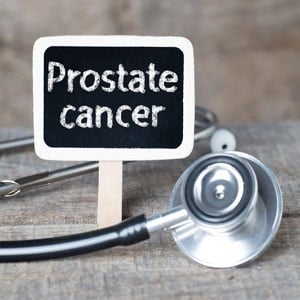
And the success of the compliance led the researchers to suggest that such an intervention could be feasible in free-living populations.
PSA (prostate-specific antigen) levels are commonly used to screen for prostate cancer and for tracking the disease after its diagnosis. The findings therefore lend support to epidemiologic evidence suggesting that soy may reduce the risk of prostate cancer development and progression.
And the results of the new randomised, crossover clinical trial, published online in the European Journal of Clinical Nutrition (doi: 10.1038/sj.ejcn.1602473), also appear to show that testosterone levels were not affected by the high soy diet.
The isoflavones of soy are phytoestrogens, meaning they exert mild oestrogen-like action. But the results of the study indicate that the testosterone levels of the male volunteers were unaffected in this short, small-scale trial.
How the research was done
The researchers, led by Gertraud Maskarinec from the Cancer Research Center of Hawaii, recruited 23 men (average 58,7) and randomised them to receive either a high soy diet (two servings of soy per day) or a low soy diet (normal diet) for three months. At the end of the first intervention, a one-month washout period followed, and then the men crossed over to eat the other diet for a further three months.
Compliance with the diets was assessed using soy calendars, 24-hour dietary recalls, and urinary isoflavone excretion measurements, and was found to be high for the participants. Blood samples were also collected to measure concentrations of testosterone and PSA.
As expected, the dietary isoflavone intake and isoflavone excretion increased during the high soy diet phase, relative to the low soy diet.
“The high adherence of compliance in this pilot trial demonstrated the feasibility of an intervention based on soy foods among free-living men,” said the researchers.
Previous results confirmed
The research adds to a growing number of studies linking soy-containing diets to lower incidences of prostate cancer. But longer and larger trials are needed to confirm or challenge these findings.
Over half a million news cases of prostate cancer are diagnosed every year world wide, and the cancer is the direct cause of over 200 000 deaths. More worryingly, the incidence of the disease is increasing with a rise of 1,7 percent over 15 years.
The lowest incidences of the cancer are found in China, Japan and India, with experts linking this to a high dietary intake of soy products. A recent meta-analysis from the International Journal of Cancer (2005, Vol. 117, pp. 667 - 669) reported that men who regularly consumed soy-containing products had a 30 percent lower risk of the cancer.
Source: Decision News Media
Read more:
Soy sauce could protect the heart
Soy tied to better lung cancer survival




 Publications
Publications
 Partners
Partners










